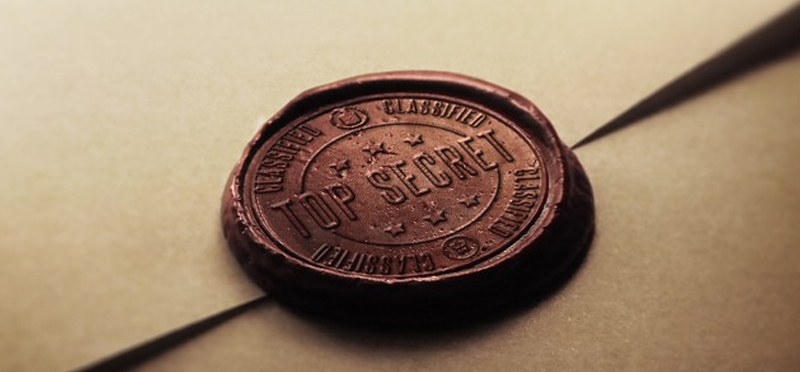Employee invention declared a trade secret

An employee invention in Germany is subject to the regulations of the employee Invention Act. But is this still given if an employee invention is declared a trade secret protecting commercial and industrial confidentiality?
In general, according to German law, the employer is obliged to respond to an invention disclosure. There are the following options for doing so:
Claiming of the invention
If the employer declares the claiming of the invention, all rights to the invention are transferred to the employer according to the German Employee Invention Act (ArbnErfG). In return, the employer must register the invention for an IP right and pay an "appropriate" remuneration.
Further obligations are to inform the employee-inventor about the progress of the proceedings and to release the invention to the employee-inventor for IP right applications for those foreign states in which the employer does not wish to apply himself. Furthermore, the employer must offer the IP right application or the IP right in case of planned abandonment.
Moreover, the claim is also deemed to be declared if the employer does not release the service invention by a declaration in text form to the employee within four months after receipt of the invention disclosure (§ 6(2) ArbnErfG). More on this topic can be found here.
Release
If the employer is not interested in using the invention or applying for an IP right, he can release the invention. A release must be made in text form (§ 8 ArbnErfG). In this case, the employee-inventor would retain all rights to the invention and could decide on its further use.
Deny patentability
If the employer thinks the invention is not patentable, he cannot refuse to claim the invention with this argument. This is because the decision on the patentability of an invention is not the responsibility of the employer but only of the institutions: in addition to the Arbitration Board, these are the German Patent Office in patent grant proceedings and the Federal Patent Court and the Federal Supreme Court in invalidity or appeal proceedings. If the employee-inventor suffers damage due to the breach of the aforementioned duties, this damage must be compensated.
An employer has another option: he can declare the employee’s invention a trade secret (under § 17 ArbnErfG).
Employee invention declared a trade secret
If an employee invention is declared a trade secret, employers must formally acknowledge the patentability of the invention or contest it before the arbitration board. Indeed, the employer can refrain from obtaining a protective right after declaring the invention a trade secret. However, this only applies if he declares the patentability of the employee invention vis-à-vis the inventor.
But why? And is the employer obliged to pay compensation for a trade secret invention at all?
Remuneration for a trade secret?
In short: Yes. An employee invention declared the company’s secret must be adequately remunerated.
The longer answer is: According to § 17 (1) ArbnErfG, the employer may make a unilateral determination about IP protection. This has a binding effect on the internal relationship between him and the employee. Therefore, from a legal point of view, the declaration of the patentability of a trade secret invention is the equivalent of granting a patent on an application for an employee invention.
If the employer confirms the patentability of the trade secret invention, he can waive the IP application, but he is in any case obliged to pay remuneration for the invention. This implies that the remuneration regulation for a trade secret invention does not contain a risk discount.
Another aspect is important when an employee invention is declared a trade secret: the employer cannot change his mind once it has been declared patentability. This is because the options of declaring patentability under § 17 (1) ArbnErfG and appealing to the Arbitration Board under § 17 (2) ArbnErfG exist alternatively to each other and not cumulatively. Therefore, an employer cannot subsequently assert a lack of patentability.
Do you have questions about inventor remuneration or other aspects of German employee invention law?
Please contact us for further information or for our service, by telephone at +49 (0)69 69 59 60-0 or via info@kollner.eu.







